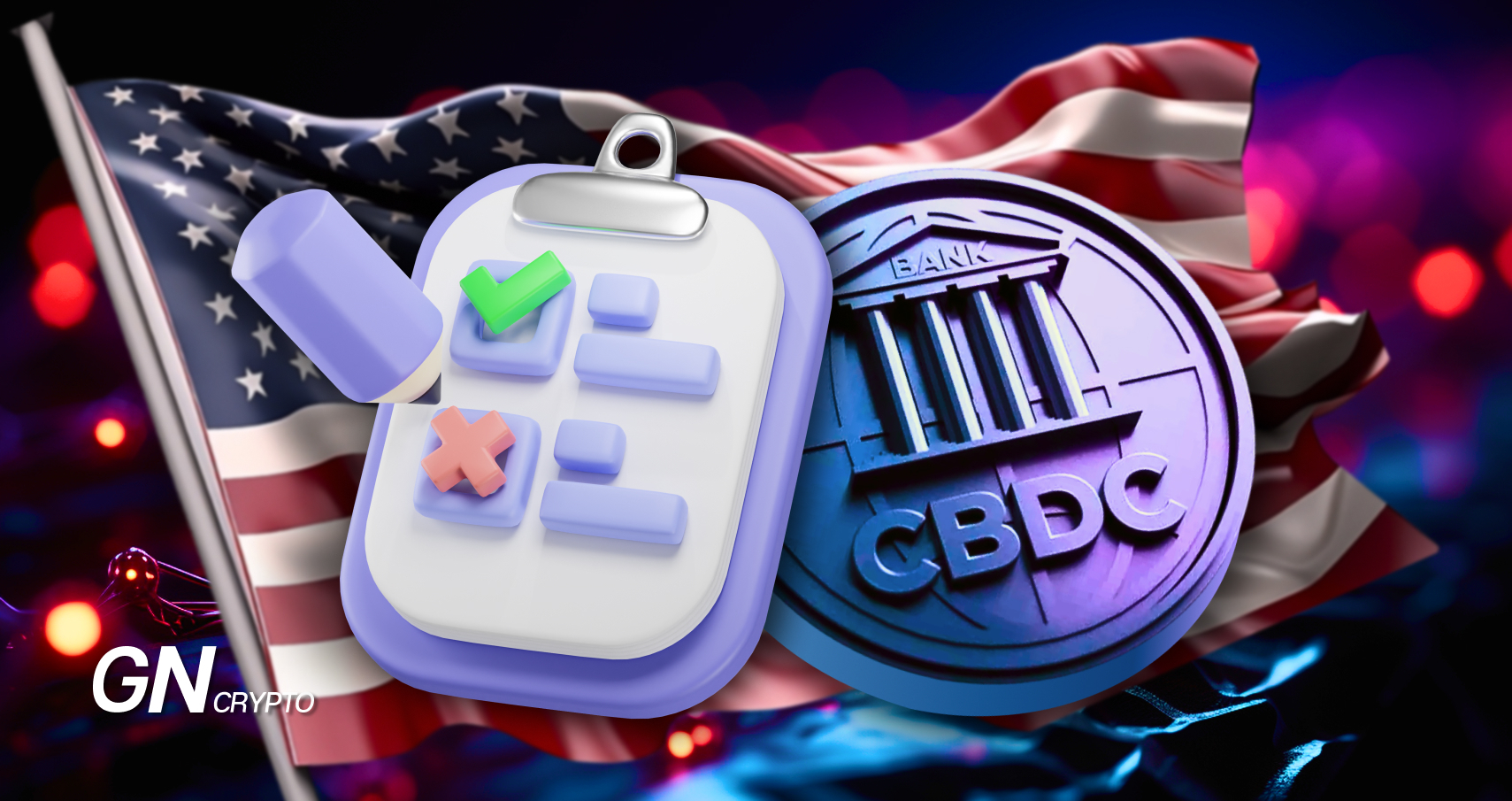No CBDC Without Congressional Green Light: A Reality?

U.S. Republican Senators are drafting a bill aimed at preventing the Federal Reserve from autonomously deciding on the introduction of a Central Bank Digital Currency (CBDC).
On this page
U.S. Republican Senators are drafting a bill aimed at preventing the Federal Reserve from autonomously deciding on the introduction of a Central Bank Digital Currency (CBDC).
This bill stipulates that the Federal Reserve can only issue digital currency with explicit permission from Congress.
Proponents of this bill argue that the Federal Government could utilize CBDCs to surveil the financial activities of American citizens, possibly even limiting their access to personal funds.
The proposal, known as the Central Bank Digital Currency Anti-Surveillance State Act, is championed by Senator Ted Cruz and fellow Republican senators Bill Hagerty, Rick Scott, Ted Budd, Mike Braun, and Kevin Cramer.
The legislation has also won support from various advocacy groups, including Heritage Action for America, the Blockchain Association, and the American Bankers Association.
The Biden administration salivates at the prospect of emulating China’s use of CBDCs, infringing on our freedom and intruding on the privacy of citizens to surveil their personal spending habits, which is why Congress must clarify that the Federal Reserve has no authority to implement a CBDC
Senator Cruz remarked.
It should be noted that back in 2022, the presidential administration had directed the Federal Reserve to explore the possibilities of CBDCs.
The content on The Coinomist is for informational purposes only and should not be interpreted as financial advice. While we strive to provide accurate and up-to-date information, we do not guarantee the accuracy, completeness, or reliability of any content. Neither we accept liability for any errors or omissions in the information provided or for any financial losses incurred as a result of relying on this information. Actions based on this content are at your own risk. Always do your own research and consult a professional. See our Terms, Privacy Policy, and Disclaimers for more details.


























